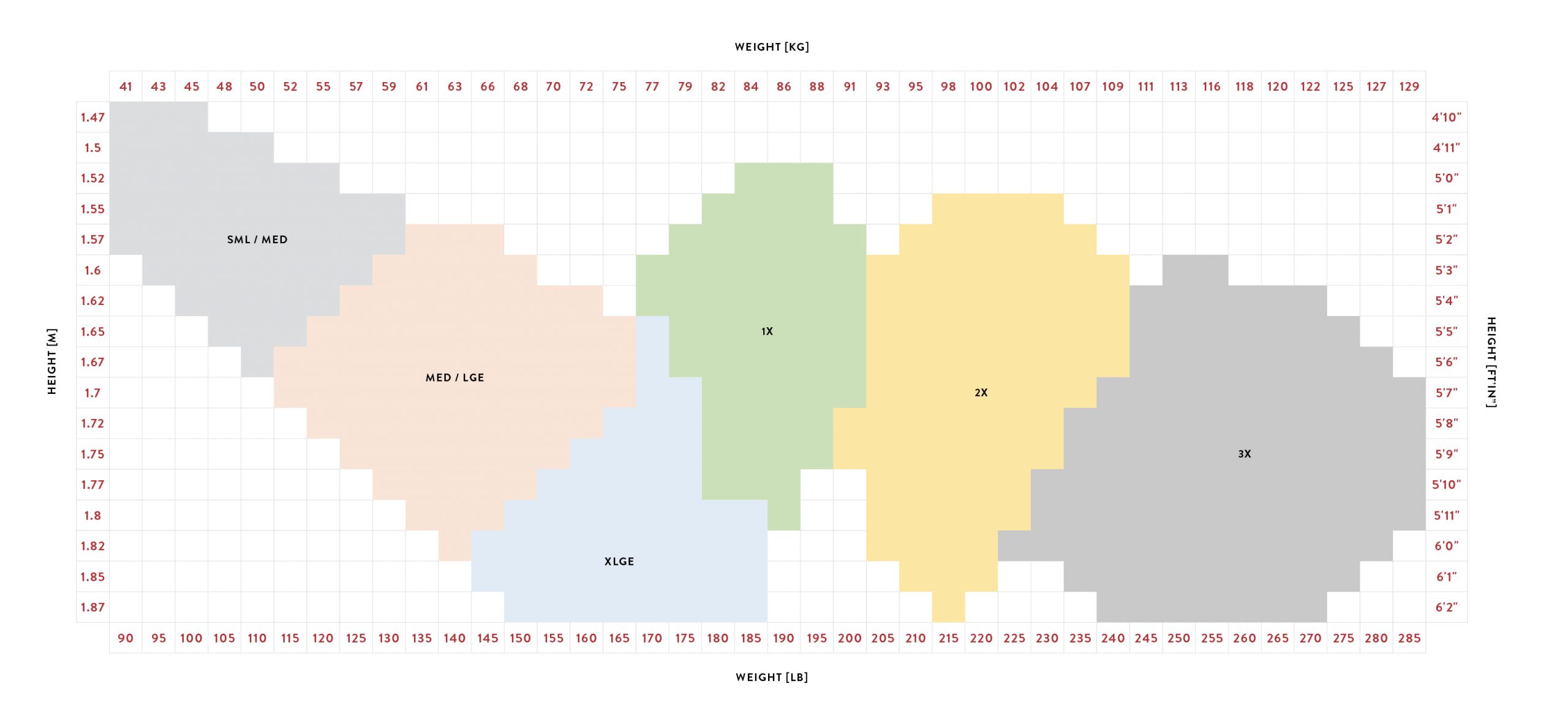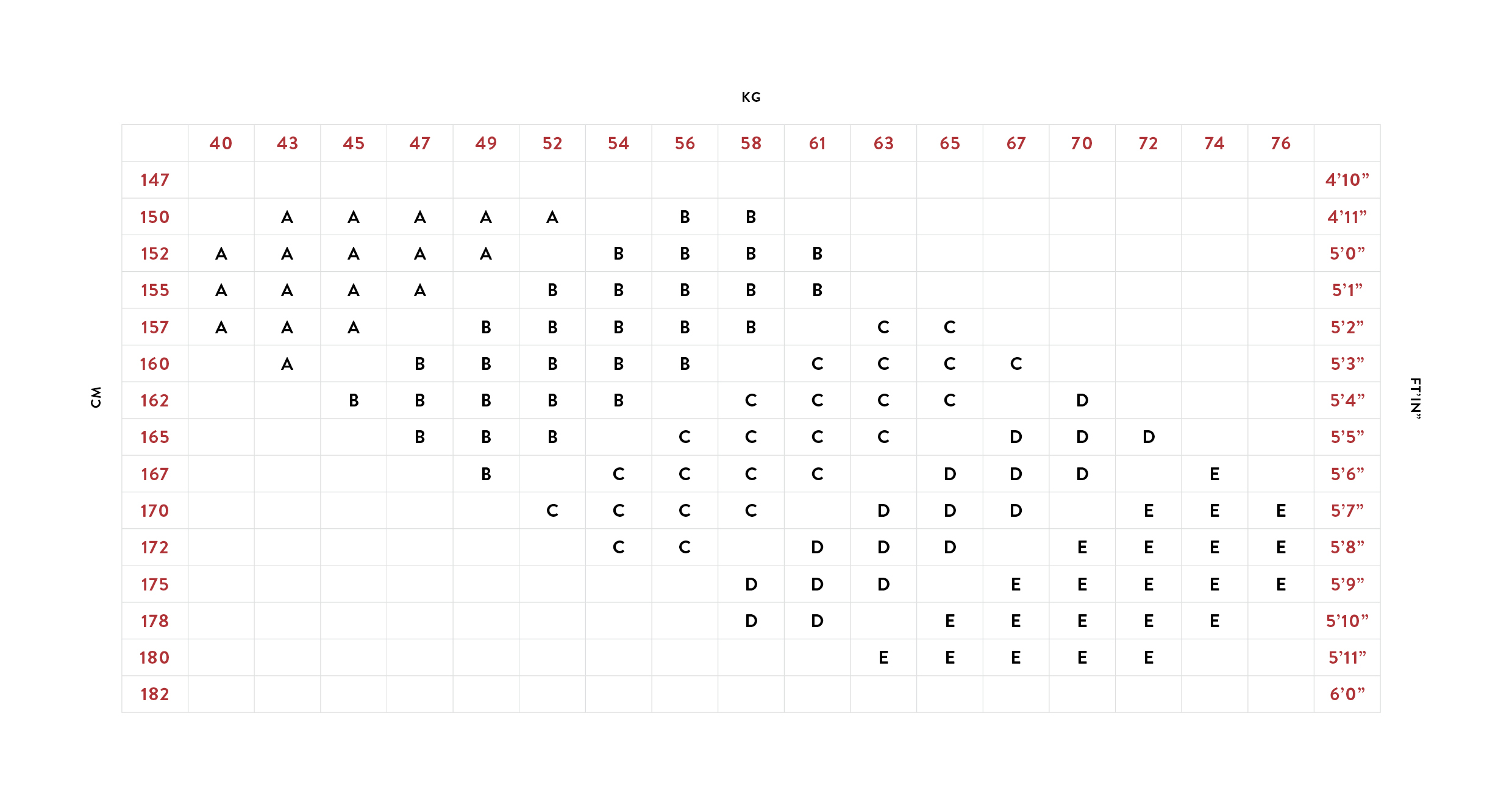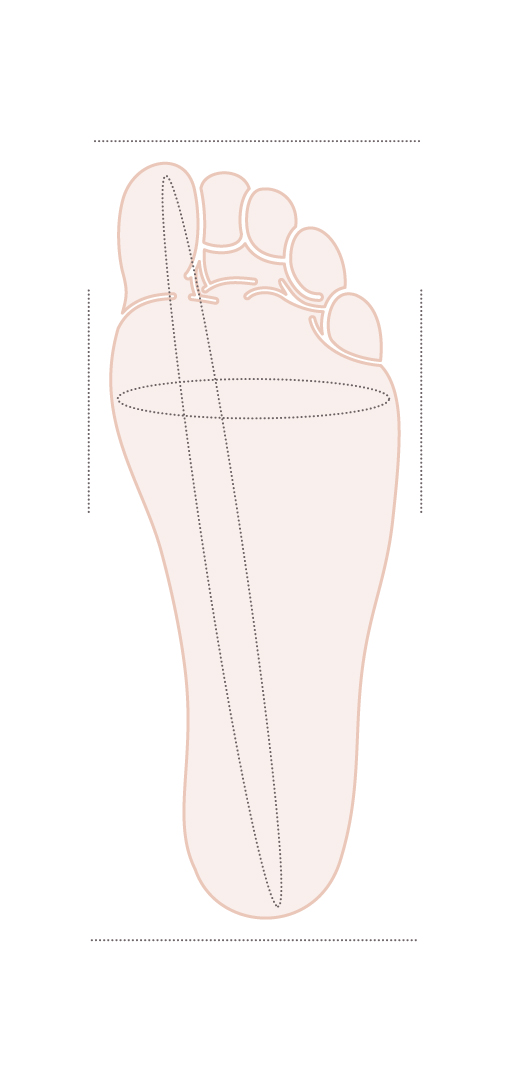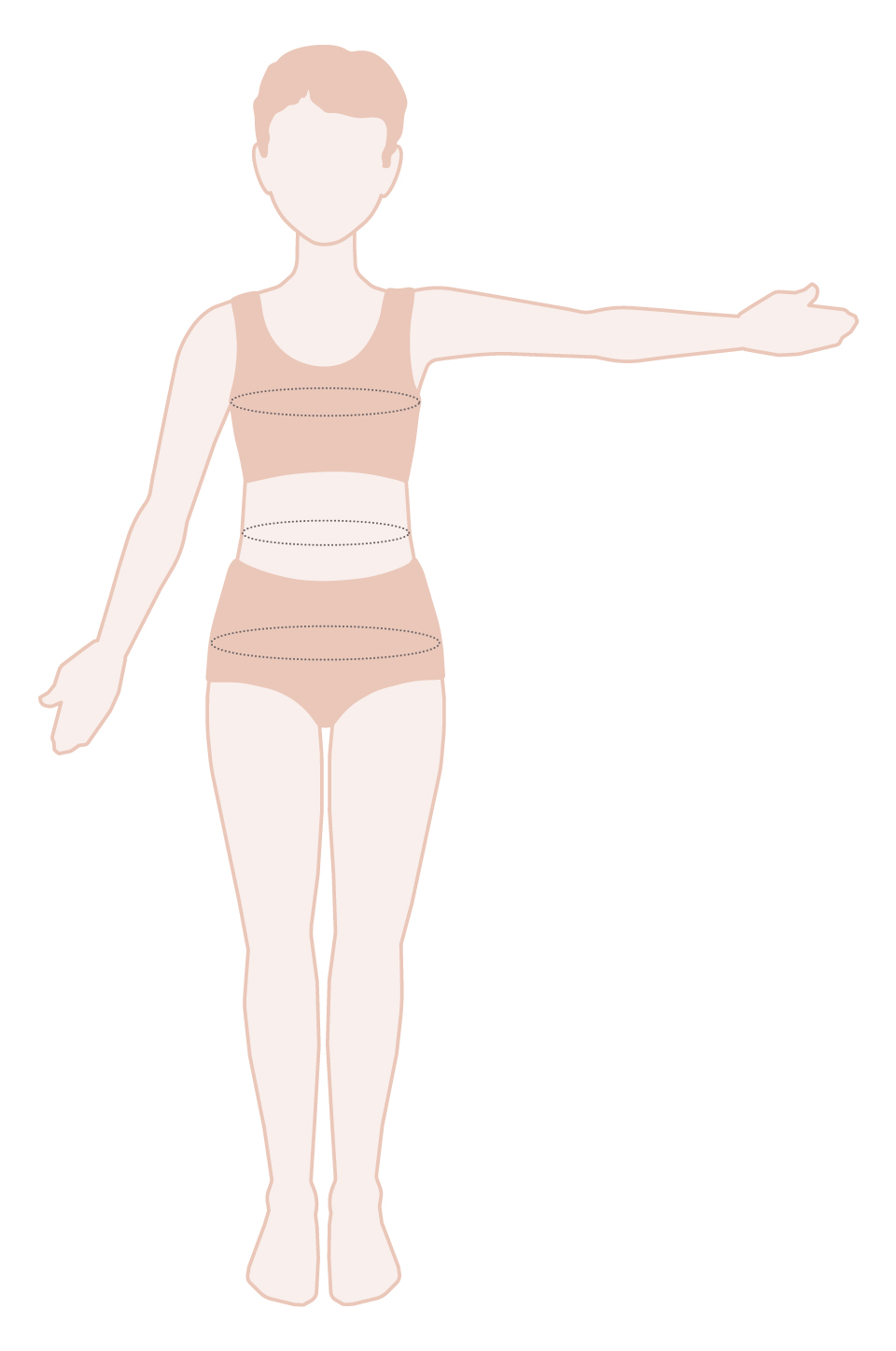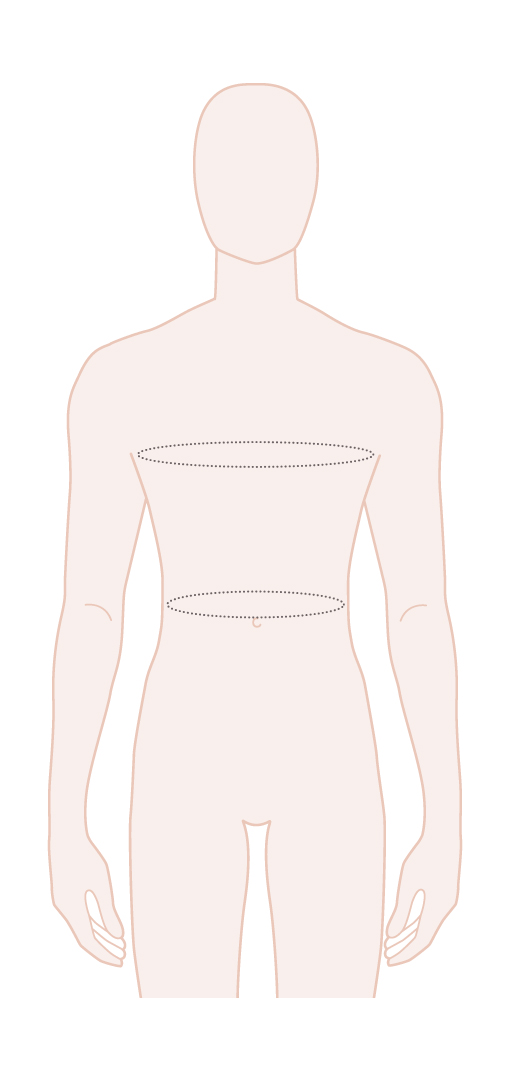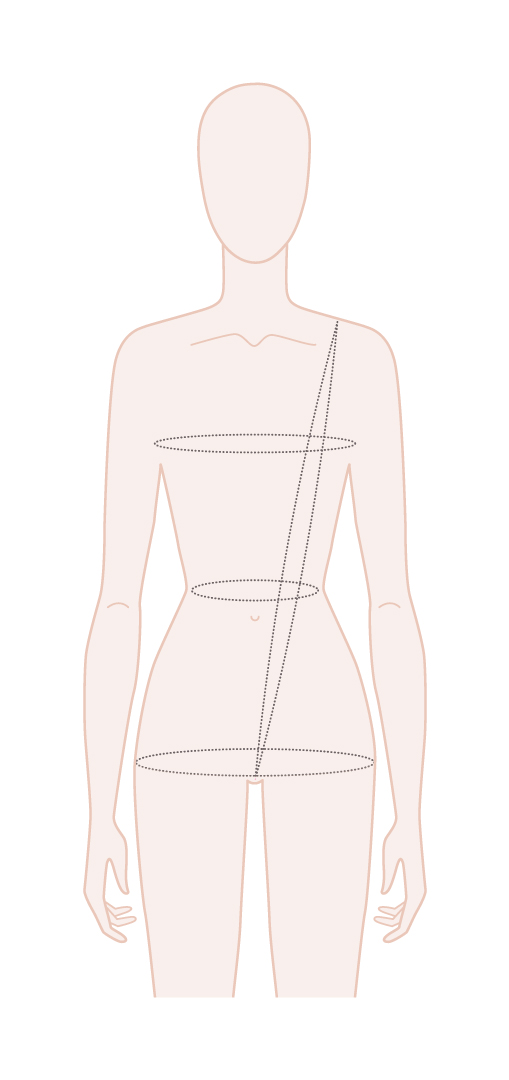With Physiotherapist, Sarah Kiely
Dancing en pointe can be dangerous and cause damage to your feet and body if you start too early or before you have sufficient strength, joint flexibility, technique and maturity. A Pre-Pointe Assessment is an important step to ensuring the readiness and safety of the dancer, and educating them on individual areas of improvement required to meet the demands of working en pointe.
When?
Your Pre-Pointe Assessment should be completed a minimum of 3-6 months before you purchase your first pointe shoes. This gives you enough time to improve the essential technique to avoid frustration, pain and injury once you begin en pointe. Young dancers often begin pointe work between 11-13 years of age, however not everyone in the class will develop at the same rate. Starting pointe before you are ready can cause injuries in the short and long term, time off dancing, severe muscle aches and pains, foot deformities, and could stop you from continuing your pointe training should the issues be serious. It is important to ensure your body is ready and develop enough strength to protect the growing bones and growth plates in the feet to avoid long-term damage.
What does a Pre-pointe assessment include?
The 1-hour assessment will assess:
- Ballet technique
- Stage of physical development and dance training
- Strength, flexibility and articulation in the feet and ankles
- Turnout
- Core control and stability
- Hip, knee and body alignment
- Balance
- Screen for past or current injuries that may interfere with your training en pointe
Why?
As dancers, our bodies are the tools of our trade. We need to look after our bones, joints, muscles and ligaments so that we can have a long and successful career in the style of our choice, en pointe or not! Learning more about your strengths and weaknesses in a safe, friendly environment is an invaluable opportunity to improve your dance technique, avoid future injury, and connect with a health professional that understands your body and what you do.
Who?
Your assessment should be completed one-on-one with a qualified physiotherapist experienced in dance or with a highly experienced ballet teacher to ensure that it is thorough and looks after your best interests. Your ballet teacher has a lot of students to look after in class so may not be able to cover it all in a group environment, which is why it is important to get an individual assessment outside of class time.
What next?
The dancer and parent will leave with a thorough understanding of the demands of pointe work, individual strengths and areas for improvement, and personalised goals for progression to pointe. You will receive a selection of specific exercises that you can work on to meet these goals, and the physiotherapist will discuss the results in a letter or a phone call with your dance teacher to ensure everyone is on track to helping you get your first pair of pointe shoes. Be patient, strength doesn’t appear overnight but good things come from hard work!
What if I’m already en pointe?
If you have already started en pointe, it is still recommended to use a Pre-Pointe Assessment or Dance Screening with your physiotherapist to discuss problems you may be experiencing in class with technique or flexibility, any pain or discomfort you are unsure about, or set goals for areas of your dance training that you want to improve. It’s never too late to ask for help and you would be surprised what the careful eye of a physiotherapist can do for you. You may even see the benefits across all of your dance styles!

